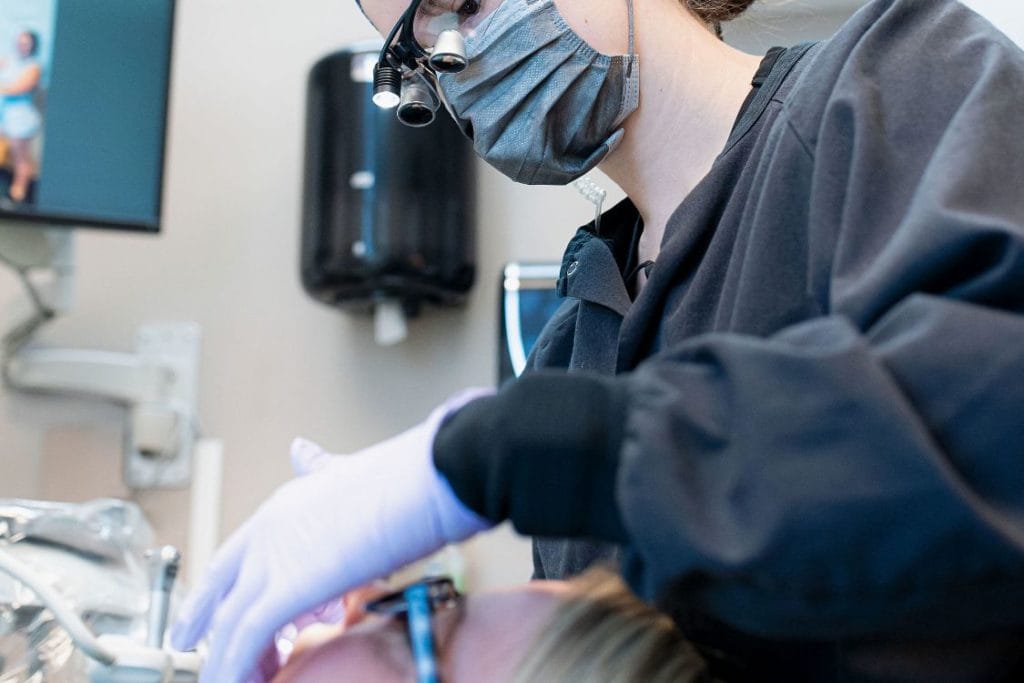- About
- ServicesPreventive Dentistry
- Patients
- Reviews
- Contact Us
Removing a tooth is sometimes best for preserving the health of your mouth and remaining teeth. We do exhaust all options before extraction, but with modern dental techniques, extraction should be a comfortable and effective procedure if needed.
Our dentists in Cincinnati recommend any treatment possible to save teeth, but when a tooth has been damaged too severely, extraction is the best choice. Typically, extraction enters the picture when teeth are fractured below the gum line, are victims of severe tooth decay, or are in the advanced stages of periodontal disease. Extraction is also common with primary teeth that are overcrowded or not falling out properly and with impacted wisdom teeth.
At Twin Dental, we practice a tried and true extraction procedure. Before we begin, we may offer nitrous oxide to relax you. We will numb the area with an anesthetic to keep you comfortable. After several minutes, we check the area to make sure it’s completely numb. During the procedure, you will feel pressure when the tooth is removed, but you shouldn’t feel any pain at all. If you do, we will stop and administer additional anesthesia.
If the tooth hasn’t yet come in through the gums, we will start by making a small incision. To remove the tooth, we will use an instrument called an elevator, which is placed next to your tooth and is used to loosen it gently. Then, we use forceps to grip the tooth carefully and remove it. Sometimes, a tooth’s roots are curved or are held very tightly in the socket. In this case, cutting the tooth into sections before removal is helpful. If an incision was made, we may conclude by closing it with a couple of stitches.

To minimize problems after extraction, the first 24 hours are key. We will provide instructions to control bleeding, relieve pain, reduce swelling, and prevent dry sockets. We also have special considerations about what you can and cannot eat.
Truly, extraction is sometimes the best treatment choice for preventing future dental problems. Depending on your situation, these problems can include the risk of infection, the spread of periodontal disease, cysts in the jawbone, or severely crowded or misaligned teeth. Delay no longer, and call our Cincinnati office today to discuss the benefits of extraction.
